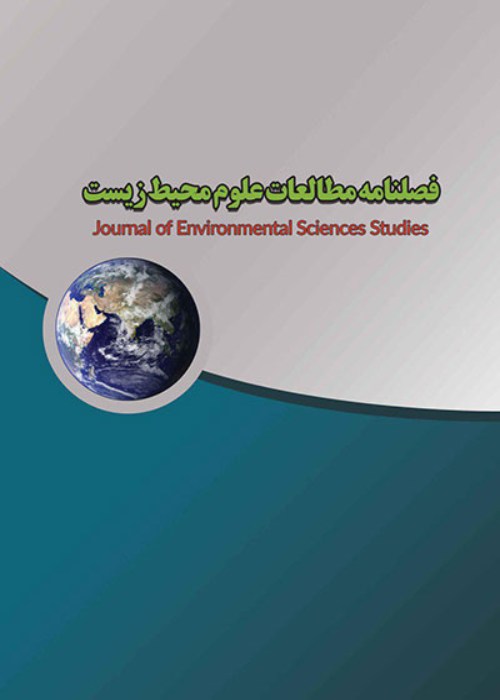Comparison of Bacterium and Microalga in Biological Improvement of Copper Mine Tailings
Author(s):
Article Type:
Research/Original Article (بدون رتبه معتبر)
Abstract:
Cementation of soil using calcium carbonate precipitation or MICP is a new biologic method of soil improvement. In this research, this method was used to improve the strength of copper mine tailing slurry. It has been performed by carbonate producer microorganisms, which by adding the appropriate calcium source, cause sedimentation or biocementation in the environment. The resulting calcium carbonate has a significant effect on the soil strength. In this study, a bacterium called Sporosaurina Pasteurium and a microalga called Chlorella Suloxanase, have been used. Optimization of the calcium carbonate formation in the presence of the most suitable calcium chloride concentration and the best temperature for the reaction has been evaluated. The calcium carbonate was injected into the specimen and the sample strength was determined by unconfined compression tests. After biological treatment, the unconfined strength of the slurry increased up to 3 times for saturated state and 7 times for the dry condition which proved the successful treatment using biological method.
Keywords:
Language:
Persian
Published:
Journal of Environmental Science Studies, Volume:4 Issue: 3, 2019
Pages:
1752 to 1759
magiran.com/p2073511
دانلود و مطالعه متن این مقاله با یکی از روشهای زیر امکان پذیر است:
اشتراک شخصی
با عضویت و پرداخت آنلاین حق اشتراک یکساله به مبلغ 1,390,000ريال میتوانید 70 عنوان مطلب دانلود کنید!
اشتراک سازمانی
به کتابخانه دانشگاه یا محل کار خود پیشنهاد کنید تا اشتراک سازمانی این پایگاه را برای دسترسی نامحدود همه کاربران به متن مطالب تهیه نمایند!
توجه!
- حق عضویت دریافتی صرف حمایت از نشریات عضو و نگهداری، تکمیل و توسعه مگیران میشود.
- پرداخت حق اشتراک و دانلود مقالات اجازه بازنشر آن در سایر رسانههای چاپی و دیجیتال را به کاربر نمیدهد.
In order to view content subscription is required
Personal subscription
Subscribe magiran.com for 70 € euros via PayPal and download 70 articles during a year.
Organization subscription
Please contact us to subscribe your university or library for unlimited access!


